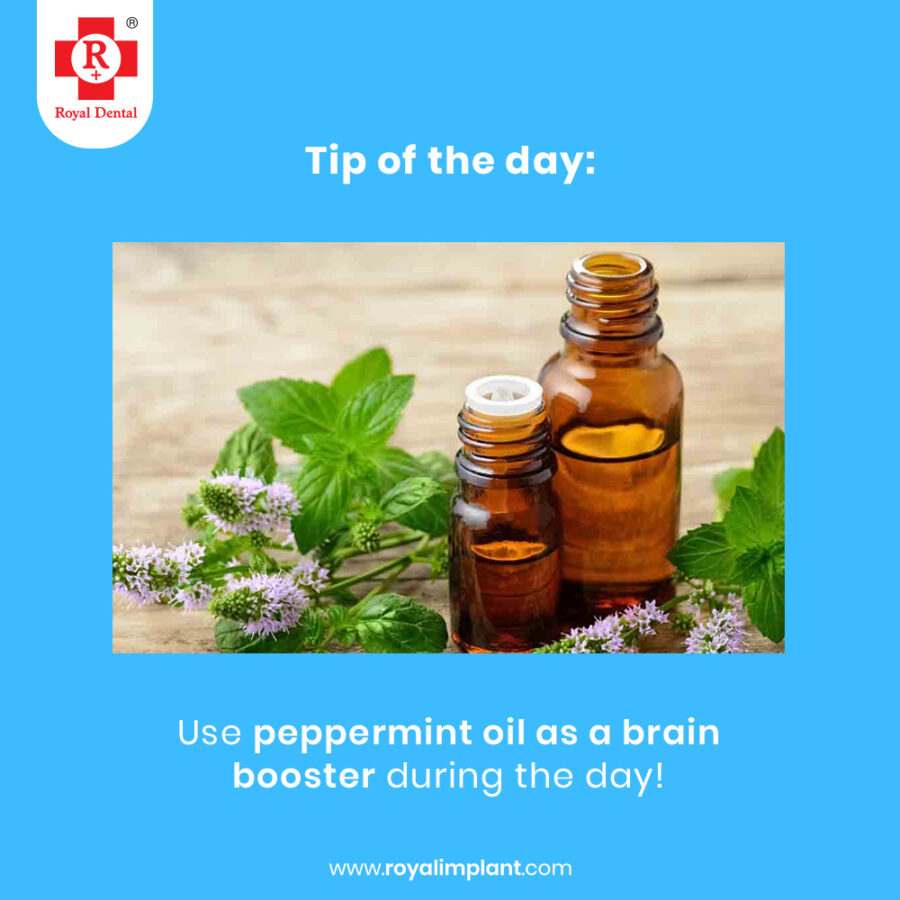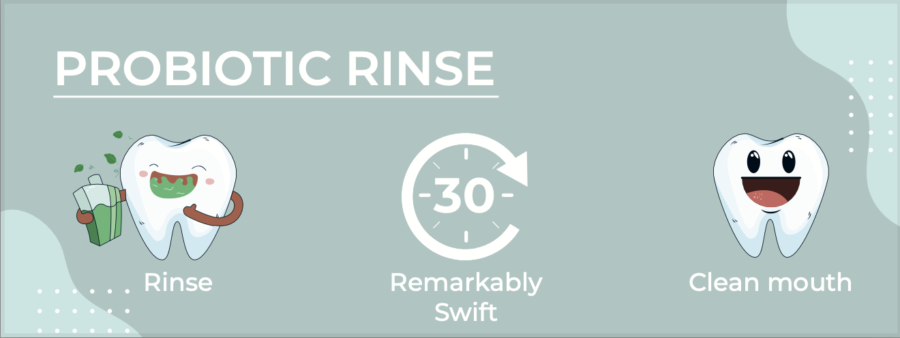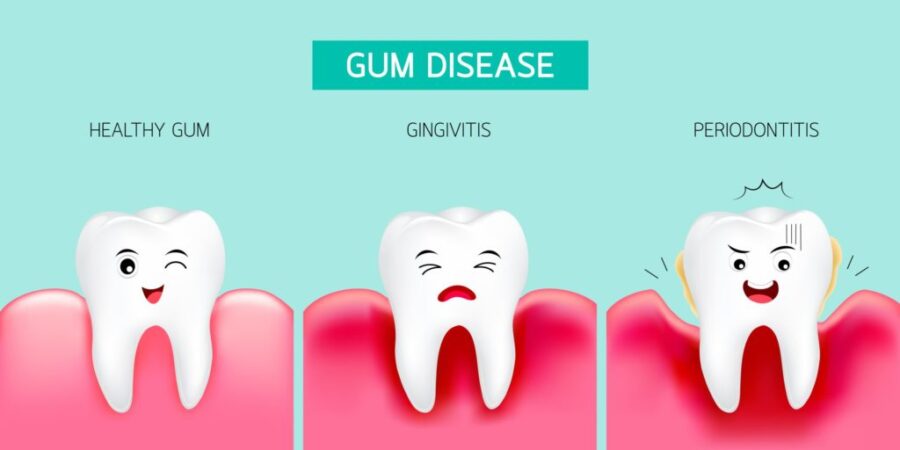We are pleased to have you visit the Royal Dental Clinics’ page. As a dentist, my primary goal is to ensure the oral health and well-being of my patients. Toothaches and gum pains can be excruciating and often require immediate attention. While it is crucial to seek professional dental care for proper diagnosis and treatment, there are also herbal remedies that can provide temporary relief and promote oral health. In this article, we will explore some effective herbal remedies that can help alleviate toothaches(teeth) and gum pains(gums). Let’s dive in!
Clove Oil | Herbal Remedies for Gum Pain
Clove oil, derived from the clove plant (Syzygium aromaticum), has been used for centuries as a natural remedy for toothaches and gum pains. It contains a compound called eugenol, which has analgesic and antiseptic properties. Let’s explore how clove oil can help alleviate dental discomfort.
Clove oil is known for its numbing effect, which can provide temporary relief from toothaches. Eugenol acts as a local anesthetic, temporarily numbing the affected area and reducing pain. To use clove oil, soak a cotton ball or a small piece of cotton swab in a few drops of the oil and gently apply it to the painful tooth or gum area. You can also mix a few drops of clove oil with a carrier oil, such as olive oil or coconut oil, and apply it using a cotton ball.

In addition to its analgesic properties, clove oil also possesses antiseptic properties. It can help fight off bacteria and reduce inflammation in the mouth. This is particularly beneficial for gum pains caused by gum infections or gingivitis. The antimicrobial action of clove oil can help prevent the spread of bacteria and promote oral health.
Saltwater Rinse Remedies | Teeth and Gum Pain
A saltwater rinse is a simple yet effective home remedy that can provide relief for toothaches and gum pains. It is easy to prepare and can be used as a natural mouthwash to help reduce inflammation and fight off bacteria. Let’s delve into the benefits and proper usage of a saltwater rinse.
The primary ingredient in a saltwater rinse is, as the name suggests, salt. Salt has natural antiseptic properties that can help cleanse the mouth and promote healing. It works by creating an environment that is unfavorable for bacterial growth, reducing the risk of infection and inflammation.

To prepare a saltwater rinse, dissolve about half a teaspoon of salt in a glass of warm water. Make sure the water is not too hot, as it can cause discomfort. Stir the mixture until the salt is fully dissolved.
Swish the saltwater rinse about your mouth for 30 seconds, being careful to reach the damaged tooth or gum. The solution will reach your lips if you lean your head back slightly. Spit out the solution and rinse with clean water to eliminate any saltiness. After meals and before night, rinse with saltwater.
Peppermint Tea | Herbal Remedies for Gum Pain
Peppermint tea, derived from the leaves of the peppermint plant (Mentha piperita), is not only a refreshing and aromatic beverage but also a natural remedy that can provide relief for toothaches and gum pains. It contains compounds such as menthol, which have mild analgesic and antibacterial properties. Let’s explore how peppermint tea can be used to alleviate dental discomfort.
Peppermint tea can help numb the affected area and reduce pain associated with toothaches and gum pains. The menthol present in peppermint has a cooling effect, providing a soothing sensation. To use peppermint tea for relief, brew a cup of peppermint tea by steeping a peppermint tea bag or a teaspoon of dried peppermint leaves in hot water for about 5 to 10 minutes. Allow the tea to cool down to a comfortable temperature.
Once the peppermint tea is cooled, use it as a mouthwash. Take a sip of the tea and swish it around your mouth for about a minute, making sure to reach the affected tooth or gum area. Spit out the tea and rinse your mouth with clean water afterward.
The menthol in peppermint tea acts as a mild analgesic, providing temporary relief from toothaches. It can help reduce pain and inflammation, making it beneficial for individuals experiencing mild to moderate dental discomfort.
Tea Tree Oil Remedies | Teeth and Gum Pain
Antimicrobial and anti-inflammatory tea tree oil is a powerful natural treatment. Its uses include dental care. Tea tree oil helps relieve toothaches and gum troubles by fighting germs and reducing inflammation.
Tea tree oil is known for its antimicrobial properties, which can help combat the bacteria that contribute to toothaches and gum pains. It contains a compound called terpinen-4-ol, which exhibits powerful antimicrobial activity. This makes tea tree oil an effective agent for reducing oral bacteria and preventing the spread of infection.
To use tea tree oil for dental discomfort, it is important to dilute it properly as undiluted tea tree oil can be strong and potentially irritating to the delicate tissues in the mouth. Mix a few drops of tea tree oil with a carrier oil, such as coconut oil or olive oil, in a small container. The carrier oil helps to dilute the tea tree oil and makes it safer for oral use.
Once the mixture is prepared, dip a clean cotton ball or swab into the diluted tea tree oil and gently apply it to the affected area. Be cautious not to swallow the oil and avoid applying it to open wounds or cuts in the mouth. Allow the oil to sit on the affected area for a few minutes before rinsing your mouth with water.
Aloe Vera Gel | Herbal Remedies for Teeth & Gum Pain
Aloe vera gel, derived from the succulent leaves of the Aloe vera plant, is a versatile and popular natural remedy known for its soothing and healing properties. It can be beneficial in providing relief for gum pains and promoting oral health.
Aloe vera gel has anti-inflammatory properties that can help reduce gum inflammation and soothe irritated tissues. It contains compounds such as acemannan and aloin, which contribute to its healing effects. Applying a small amount of pure aloe vera gel directly to the affected gum area can provide temporary relief and promote healing.
“Herbal remedies provide nature’s healing touch for toothaches and gum pains, offering gentle relief and promoting oral health.”
Dr. Chirag Chamria
To use aloe vera gel for gum pains, ensure you are using pure, organic aloe vera gel without added colors or fragrances. Take a small amount of the gel and gently apply it to the affected area using clean fingers or a cotton swab. Massage the gel onto the gums for a few minutes and let it sit for a while before rinsing your mouth with lukewarm water. It is best to repeat this process a few times a day or as needed.

Turmeric Paste | Teeth and Gums
Turmeric, a bright yellow spice used in cooking, has been used medicinally for ages. Turmeric’s curcumin is anti-inflammatory, antibacterial, and antioxidant. Turmeric paste soothes toothaches and promotes oral health. Let’s prepare turmeric paste for tooth pain.
To make a turmeric paste, you will need high-quality turmeric powder and a liquid to form a paste-like consistency. You can use water, coconut oil, or even honey as the liquid component. Start by mixing a small amount of turmeric powder with the liquid of your choice in a small bowl. Gradually add more turmeric powder or liquid as needed until you achieve a thick paste.
For toothaches and gum problems, use turmeric paste topically. Apply a little paste to the sore tooth or gum using a clean finger or cotton swab. Massage the turmeric paste against the gums for a few minutes to receive its benefits. Rinse after 10–15 minutes.
Conclusion
While herbal remedies can provide temporary relief for toothaches and gum pains, it is important to remember that they are not a substitute for professional dental care. It is essential to visit a qualified dentist, such as Dr. Chirag Chamria of Royal Dental Clinics, for a proper diagnosis and treatment. These herbal remedies can complement dental treatments and promote oral health. Remember to use them with caution, especially if you have any allergies or sensitivities to specific herbs. Prioritize your oral health and seek professional dental care for long-term relief and optimal oral well-being. Stay healthy, keep smiling!
© All rights reserved by Royal Dental Implants Pvt Ltd
Issued in public interest






